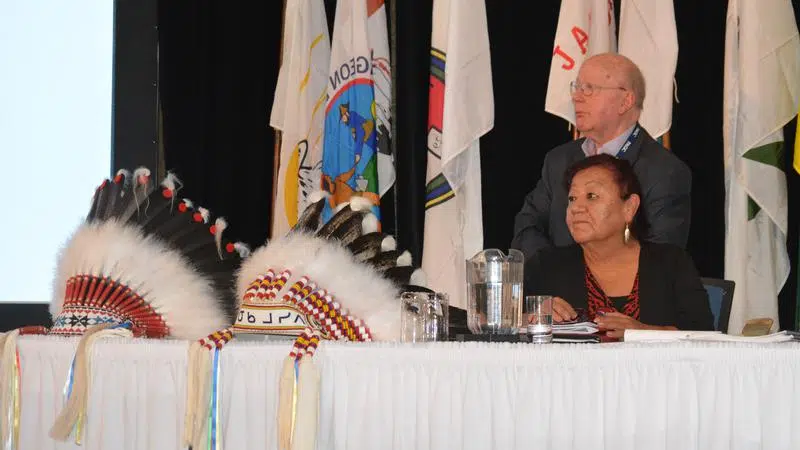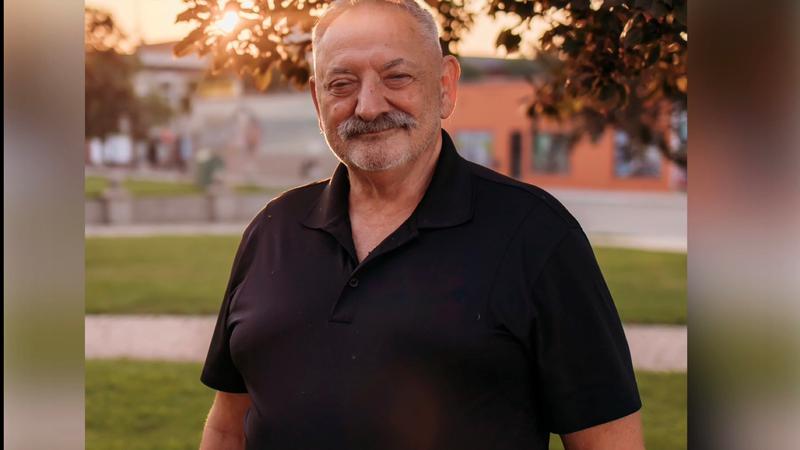
PAGC hears from Navajo lawyers in Saskatoon
Members from the Prince Albert Grand Council (PAGC) are hearing about alternative forms of policing and justice this week.
The PAGC’s First Nations Policing and Indigenous Justice Symposium is set to wrap up this afternoon in Saskatoon. Over the three-day conference a variety of issues have come up from policing to incorporating traditional knowledge and customs into current practices.
Wednesday morning James Zion and Elsie Red Bird addressed the attendees. The two lawyers made the trip up from New Mexico to speak about their experiences working in the court system of the Navajo Nation. The Navajo Nation spans three different states including Utah and Arizona.
Red Bird, has over 30 years of experience working in the system. During this time she has worked on cases ranging from criminal matters to repossession of property. She explained the Navajo Nations courts have equal power to state courts. One of the examples of this is when it comes to creditors repossessing property, where the state and the nation have different procedures.


